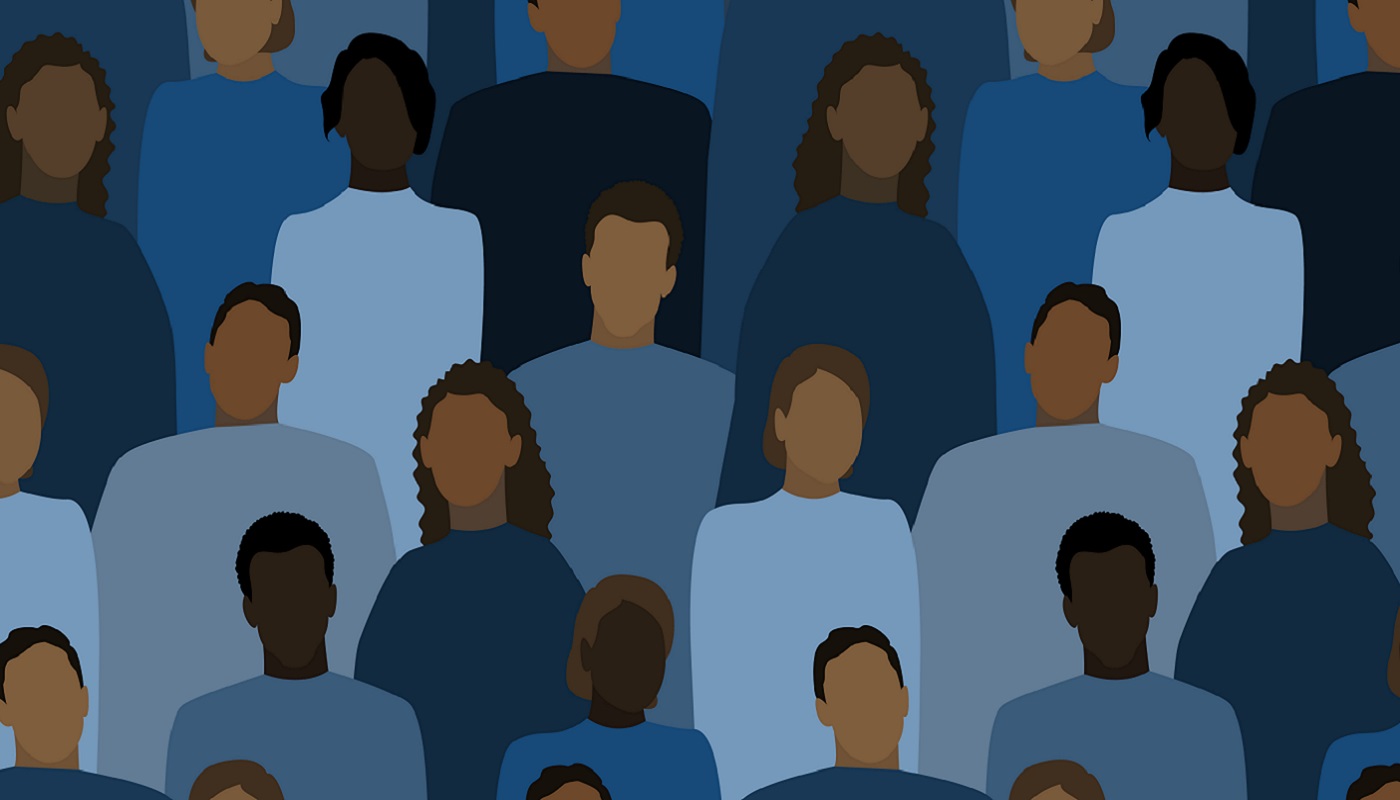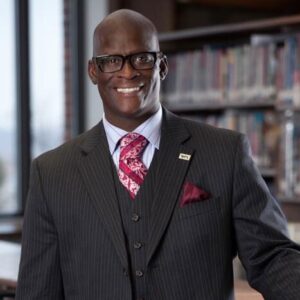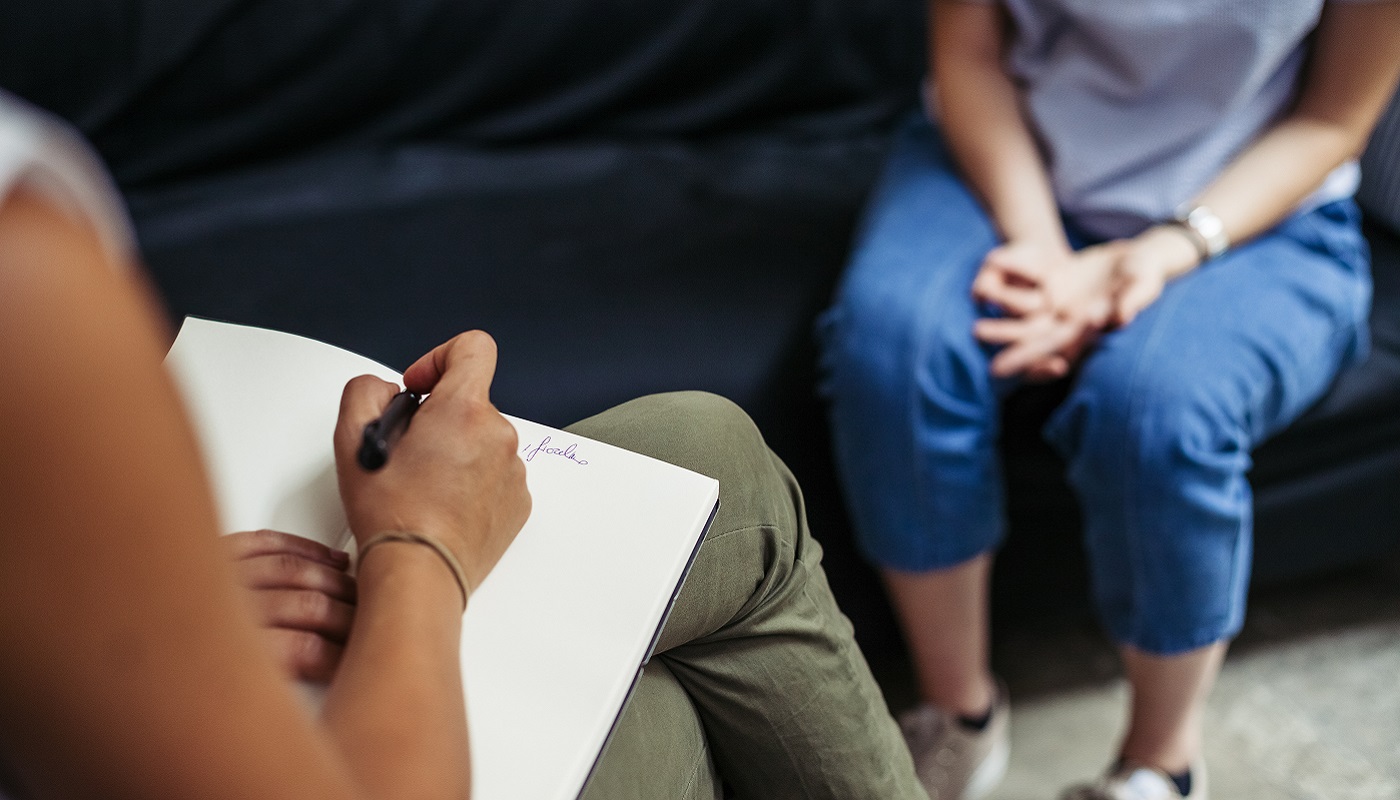
Building Good Racial Equity Habits: A Conversation with Dr. Eddie Moore, Jr.
 Dr. Eddie Moore, Jr. has pursued and achieved success in academia, business, diversity, leadership and community service. In 1996, he started America & MOORE, LLC to provide comprehensive diversity, privilege and leadership trainings and workshops. Today, he is recognized as one of the nation’s top motivational speakers and educators.
Dr. Eddie Moore, Jr. has pursued and achieved success in academia, business, diversity, leadership and community service. In 1996, he started America & MOORE, LLC to provide comprehensive diversity, privilege and leadership trainings and workshops. Today, he is recognized as one of the nation’s top motivational speakers and educators.
Moore also co-created the 21-Day Racial Equity Habit Building Challenge. United Way of Central Carolinas adapted the Challenge to host a virtual 21-Day Racial Equity Challenge, January 18–February 15, 2021 in the Charlotte region. More than 15,600 participants joined United Way for this powerful opportunity to unite our community to learn and grow.
Ahead of United Way’s upcoming Racial Equity Virtual Town Hall on February 23, featuring Moore as keynote speaker, we talked with the diversity educator to learn what inspires him to lead this work, what insight he has gained over the years and what he hopes people take away from the Challenge.
When did you first become aware that race matters?
My earliest awareness was in high school when I was a Black quarterback and I felt like I didn’t get the same opportunity because of an administrator’s family member who was white. I felt like that was something that was happening unfairly because of race. Although, I don’t think I did much with that. It was a lesson I learned growing up in Florida in the South and I thought, that’s just the way it is.
As I went on to college and graduate school, once I began to really do some studying around this topic is when more of the lights went on. In addition to lighting my path forward, I think some of that research and understanding illuminated some of my journey so that I could better understand where I was and who I was. I was inspired by that—thinking about the obstacles and difficulties that I had to encounter and endure was motivation.
What inspires you to share your knowledge and passion for diversity education, research and consulting?
Within the last decade of my life, particularly the last five years, I’ve realized that this is what I’ve been called to do. I feel like it’s been cemented in my soul now that this work is my calling. What I mean by that is I’ve always been in education and always in coaching in some way in my career path.
Today, I’m 26+ years clean and sober. But I came out of a difficult situation and a downward spiral, primarily drug addiction, that could’ve had me in a really different place and should’ve had me in a really different place if it wasn’t for a lot of good people and opportunities that have me where I am now—as a Black man with a PhD in America. I don’t take that lightly, the fact that I got a second chance and that my life today is a second opportunity. My goal is a commitment to not waste this second chance.
To now have something like the 21-day action plan be attached to my name…this is divine intervention, there’s no doubt about it. That I shouldn’t be here, I got a second chance and now some of what I’m doing is impacting people in ways I don’t even know, in places I don’t even know. To me, that is a big part of what motivates me every day. And I just feel blessed to have the opportunity to be living the life I’m living and I’m excited and really looking forward to what’s going to divinely come to me next.
What insight have you personally gained from leading this work?
It really feels like people want to do better. People want to participate in a better way around creating the kind of nation that we have the potential to be. We have so many challenges, but so many opportunities ahead of us and it’s really exciting to see, what feels like to me, more people willing to be involved.
The goal of the 21-day action plan is really to be one of those tools that can get people started. To see the number of people engaging themselves, I feel like something positive is coming out of that involvement. Even to see some global participation in the 21-day action plan is really exciting. It feels like there’s even more potential and possibility out there, and that’s also exciting.
What do you hope people gain from going through a 21-day racial equity challenge?
Addressing social justice, racial injustice, gender issues, transgender issues and issues across class and religion, we have a tool now that can assist us in building skills individually, collectively and positively. The 21-day action plan is not attacking or degrading or about making people feel bad; it’s about us doing better. It’s just like your diet and eating better or exercising a little bit more.
They have this old saying in my neighborhood, ‘Don’t talk about it, be about it.’ One of the things I’m hoping people are gaining is some confidence, practice and real skills to allow them to keep building and expanding their learning. This is a skill-building, habit-building tool and the more you do it, just like any habit, the better you’ll get. And if you take time off or don’t do it for a while, you’ll lose it.
I’m hoping people will gather from the 21-day action plan a commitment to skill-building. It’s not about what you do ‘on the clock,’ it’s about the life you live. The hope of the plan is that it’s also cross-generational, cross-racial and doesn’t just involve one group or kind of people. The plan allows us across all identifiers to still be involved in the work, even after we ‘get off work.’
What do you see as the biggest challenge(s) in getting people to engage with this work?
I think some of the challenges I see are guilt and shame. I think there’s a worry that it’s going to be a personal reflection on how bad a person you are. This still holds people back.
Secondly, as I often say, ‘There are some pancakes you’ll never flip over.’ Some folks are just not going to be willing to do this kind of work. I think that still presents a challenge to us when we have people in our families, in our organizations, in our institutions who are still committed to inequity, racism, sexism, homophobia, oppression, supremacy.
I think for some people there’s also just never been an opportunity or a real reason to get started (with this work). I think and I hope that the 21-day action plan is one of the solutions to help people to just get started.
After completing a 21-day racial equity challenge, what are some next steps for people looking to continue their learning journey?
What we now know from the research is that 21 days is only a beginning. The actual amount of time it takes to build a habit or change a habit is 60+ days. The 21-day action plan is actually a kickoff and the goal afterwards is to keep going and make it a part of your life. We’re asking you to do one thing a day for the rest of your life. That’s one of the goals I’m hoping to be able to accomplish.
Another goal we’re hoping to see is systemic, organizational change. The tool is not only building skills, but also knowledge and understanding around some really difficult, complex issues where we really need to see some change.
Hear more from Dr. Eddie Moore, Jr. by registering to attend the free Racial Equity Virtual Town Hall.



